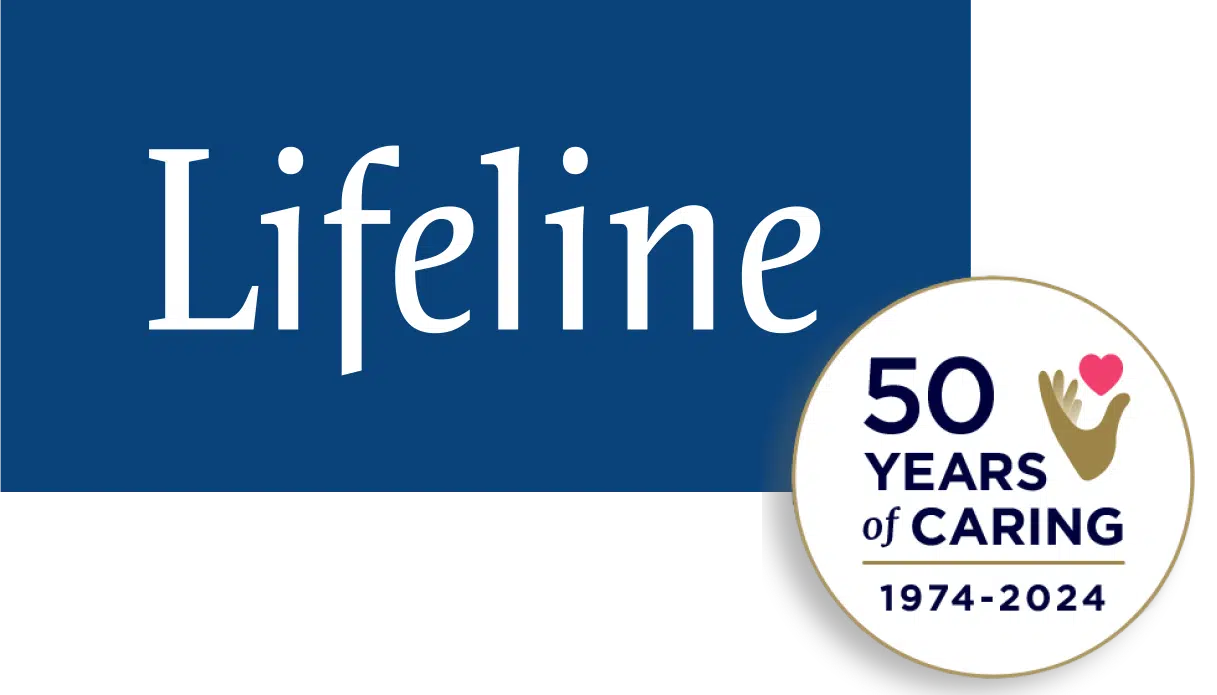Elderly & Seniors Safety Tips and Tools
Useful Resources
Expert resources and tools for senior safety
Education is an important component to living a healthy and safe lifestyle. That’s why Lifeline produces a variety of publications with up-to-date health and safety information. Get the advice and support you need from our expert resources and tools. Whether you are a Lifeline Subscriber, caregiver, or a healthcare professional – there is something for everyone.
Top 11 Elderly Safety Tips and Resources for You:
- Get healthier and more active with chair and seated exercises
- Use our fall prevention guide to avoid serious and fatal injuries
- Try these core strengthening exercises
- Get started with dumbbell & resistance band exercises for seniors
- Try our recommended 14 strength and balance exercises
- Keep your brain healthy and sharp with our fun games
- Practice yoga for seniors
- Exercise Tai Chi movement
- Create a safer home using our room-to-room guide
- Take proper medications at the right time
- Improve your heart health with our recommendations
Falls and Fitness:
For seniors, falls in and around the home have serious consequences.
1/3
1 in 3 older adults will fall this year.
85%
The vast majority of all injury hospitalizations among older adults are for falls.
Falls are one of the most serious health risks among seniors over the age of 65, affecting more people than stroke and heart attacks combined. Furthermore, falls are the leading cause of death due to injury in those people 65 and over.
There is some positive news…
- Some falls are preventable. Falls caused by environmental factors (like fall hazards in the home) and from side-affects of medication can be foreseen and avoided.
- Preventing falls and the resulting injuries can promote independence, by reducing or delaying the need to move out of the home.
- Getting help quickly after a fall reduces risk of hospitalization by 26% and death by over 80%.
So what can you do to help prevent falls in the first place?
Lifeline offers you and your family some practical advice. Get the advice and support you need from our expert resources and tools. And you can be sure that the information we are providing is credible. We collaborate with leading healthcare professionals to produce trustworthy tools for living healthier and more independent lifestyles.
Chair & Seated Exercises For Seniors
Discover a complete guide to chair exercises for seniors
Read more8 Best Core Exercises for Seniors
Try these core strengthening exercises to help you live life without fear of injury
Read moreStrength and Balance Exercises for Seniors
Discover 14 exercises seniors can do to improve their strength and balance.
Read moreDumbbell & Resistance Band Exercises For Seniors
Discover the benefits and great exercises you can start with
Read moreHere are 10 fun games for seniors to enjoy. These games will help keep your brain sharp and healthy.
Read moreThe Ultimate Guide to Yoga for Seniors
Read on to learn three of the benefits of yoga for seniors poses you can do on your own.
Read moreFailing to take the proper medication at the right time accounts for 25% of all hospital admissions for those 65 and older.
Mistakes in dosage or forgetting to take the medication every now and then can result in a hospital re-admission or even admission to a nursing home. By taking medications as prescribed, you can improve your health, well-being and ability to live independently.
Symptoms stemming from heart conditions can increase your risk of falling.
Heart conditions have symptoms that can leave you feeling unwell and unsteady, including muscle weakness and fatigue, lightheadedness, dizziness, shortness of breath, nausea, swelling of the legs, ankles and feet, and even fainting.
